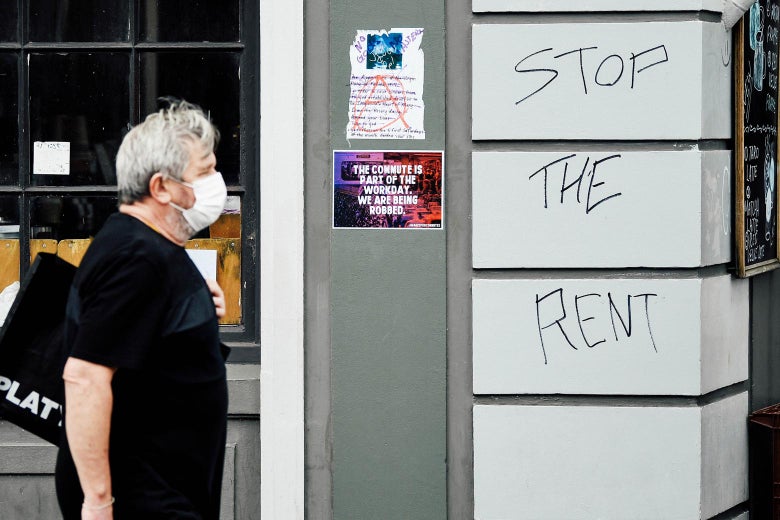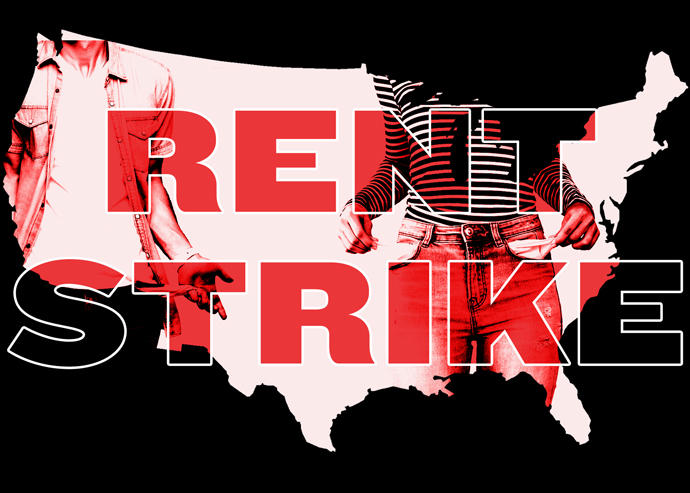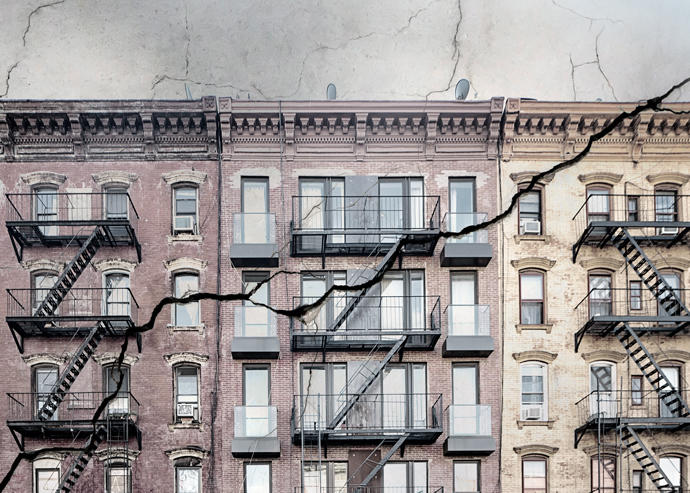This is our first due date for rental payments for most landlords under this crisis. Many businesses are closed and millions laid off. Several national retail chains have indicated they will not be making their April lease payments.

 slate.com
slate.com
Tenants groups are calling for rent strikes.

"“They don’t deserve rent”: Tenants weigh rent strikes as landlords plan for the worst
NY Times anticipates 40% of New York tenants may not pay rent this month:

 www.nytimes.com
www.nytimes.com
Evictions have been stayed for 90 days, but payments have not been cancelled, so all rent will come due July 1st if nothing changes. Several State Senators have introduced bills for rent forgiveness:

 thehill.com
thehill.com
But landlords may get caught in the middle here as rents don't come in, but even if the get some mortgage relief still have to pay building personnel, utilities, Real Estate Taxes, etc

What Happens on April 1 When Countless Americans Don’t Pay Their Rent?
The coronavirus has set in motion a massive rent strike, led by ... Mattress Firm, Subway, and the Cheesecake Factory?
Tenants groups are calling for rent strikes.

Tenants and Landlords Prepare for Non-payment of Rent
Tenants and landlords are preparing for what to do when tenants do not pay rent this month.
therealdeal.com
"“They don’t deserve rent”: Tenants weigh rent strikes as landlords plan for the worst
NY Times anticipates 40% of New York tenants may not pay rent this month:

40% of N.Y. Tenants May Not Pay Rent This Month. What Happens Then? (Published 2020)
Many unemployed tenants won’t be able to pay April rent. There will be a domino effect on landlords, real estate industry officials said.
Evictions have been stayed for 90 days, but payments have not been cancelled, so all rent will come due July 1st if nothing changes. Several State Senators have introduced bills for rent forgiveness:

Tenants call on lawmakers to pass rent freezes
Renters are calling on state and federal lawmakers to freeze rent requirements for tenants as part of their response to the coronavirus pandemic. In the past week, several state governors have…
But landlords may get caught in the middle here as rents don't come in, but even if the get some mortgage relief still have to pay building personnel, utilities, Real Estate Taxes, etc
